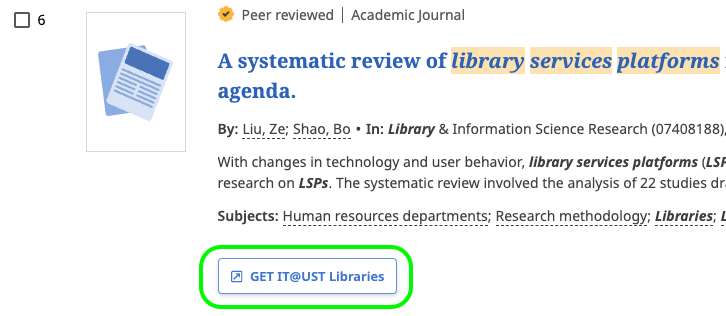In searching databases you need to be aware of variations in the spelling of words, especially those transliterated from other writing systems. Here are a few examples:
1) Determine the Key concepts of your topic
2) Define your key words / search terms
3) Choose your databases and resources
4) Formulate the search statement
5) Refine and focus your results
6) Evaluate and manage the results
7) Locate the full articles

Journals concerning world religion subscribed to or with articles that can be accessed via library databases:

Our primary theology and religion index, with over 470 titles in full text out of over 2,250 titles indexed, primarily academic journal articles, books, review, and essays: international in scope. Includes the contents of the Catholic Periodical and Literature Index. Produced by the American Theological Library Association.
Areas Covered
Traditions: Buddhism, Christianity, Confucianism, Hinduism, Islam, Judaism, Taoism, African Religions, American Indian Religions, Paganism, Folk Religions
Subjects: Bible, archaeology, and antiquities; human culture and society; church history, missions, and ecumenism; pastoral ministry; world religions and religious studies; and theology, philosophy, and ethics
Publication Types: Scholarly journals, religion magazines, multi-author books, books
Document Types: Scholarly articles, magazine articles, essays, books, book reviews
Dates: Publication dates run from the early 1800s to the present
Languages: 55% English, 8% German, 5% French, 1% Spanish, 1% Italian, 30% other
Searching ATLA
Below are a few examples of how to construct search phrases. Search phrases are in bold, with explanations bulleted.
hinduism and renunciation
jewish civilization
hinduism or india
christianity n5 gnosticism
buddha w8 japan
hindu*
Combining Search Terms
You can combine search phrases to create complex keyword searches.



Google Scholar is a freely accessible web search engine that indexes the full text of scholarly literature (journals) across an array of publishing formats and disciplines. It includes most peer-reviewed online journals. Use FIND IT@UST Libraries to get the full-text if not available in Google Scholar.


Click the GET IT@UST Libraries button or GET IT button in any database to get the full text of an article when a PDF is not available. If UST Libraries does not own it, you will be given an option to request it from another library.